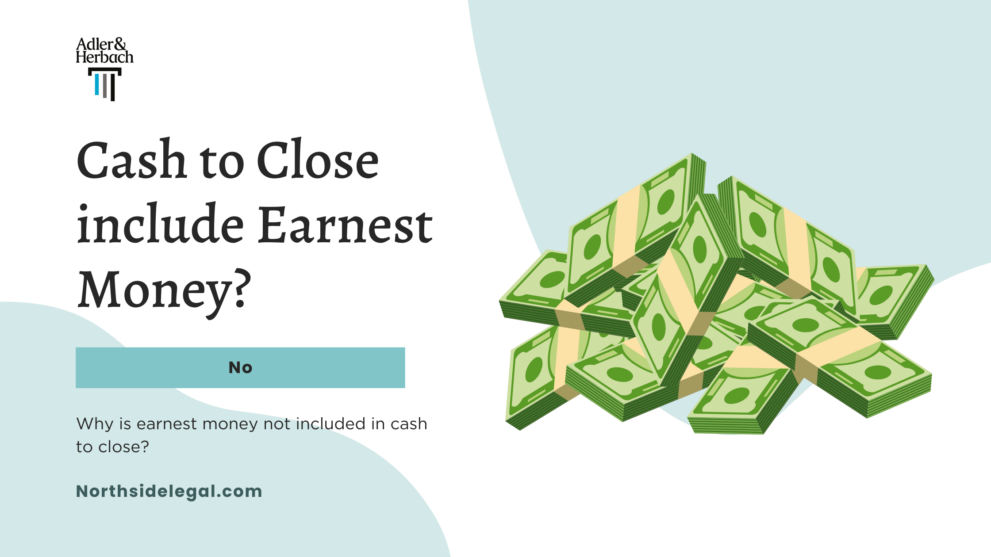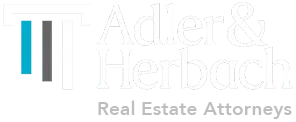When buying a home, you’ll hear the term “cash to close” on your mortgage documents, referring to the total funds required from you on closing day. But does this cash to close amount include the earnest money deposit you put down with your initial offer?
Does Cash to Close Include Earnest Money Deposit?
The answer is generally no, the cash to close does not include earnest money already paid. Here is a closer look at why these are considered separate amounts:

What is Earnest Money?
Earnest money, or a good faith deposit, is submitted with, or shortly after, your purchase offer is accepted on a home. It shows the seller you are serious about buying the property. The standard earnest money amount can range from about 1% to 5% of the total purchase price.
For example, on a $300K home, you would expect to provide $3K – $15K in earnest money within a few days after your offer is accepted by the seller. This deposit is sometimes split into 2 parts, with an initial amount coming due when the offer is accepted and the balance due after the attorney review period is complete.
Where does earnest money go?
The earnest money deposit is held in an escrow account by the real estate broker, title company, or closing attorney until the transaction closes.
What happens to earnest money at closing?
At closing, the earnest money is credited and applied toward your down payment on the home. If you default on the purchase for some reason or back out, you may forfeit the earnest money, depending on the contract terms. This provides motivation for buyers to follow through once an offer is accepted.
What is Cash to Close?
The cash to close is the specific amount you as the buyer need to bring on the closing day or closing appointment to complete the purchase.
Does cash to close include a down payment?
Cash to close includes your down payment amount, closing costs, and any prepaid items like homeowners insurance premiums and property taxes. Cash to close does not include the total mortgage loan amount or purchase price. It is the buyer’s out-of-pocket contribution only.
The cash to close amount is listed and calculated separately from any earnest money deposit already submitted.
Why is earnest money not included in cash to close?
Earnest money contributes toward the down payment but is paid much earlier in the home buying process, with the initial offer. Cash to close is the amount due on the definite future date of the closing appointment.
Mortgage lenders want to verify you have the full down payment amount ready and available, less any prior earnest money paid.
In practical terms, when you sit down to close, you need to provide funds equaling the cash to close amount listed on your Closing Disclosure. Accounting for any prior earnest money separately avoids overstating the amount due from you on closing day.
Learn more about What is cash to close to/from borrower? How to calculate cash to close?
In summary
Earnest money and cash to close are related but distinct amounts.
Be sure to have your full down payment plus closing costs available at closing, in addition to any earlier good faith deposit.


